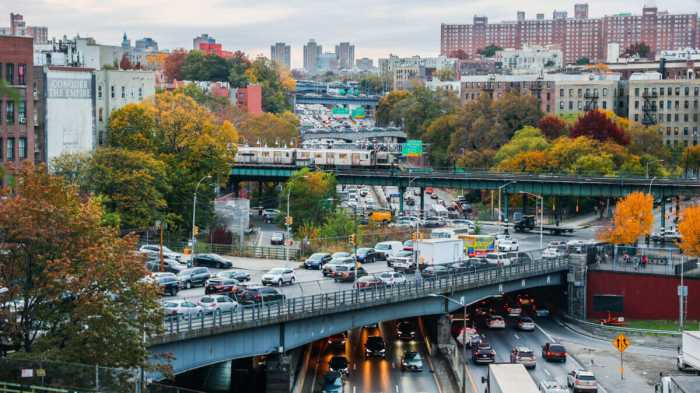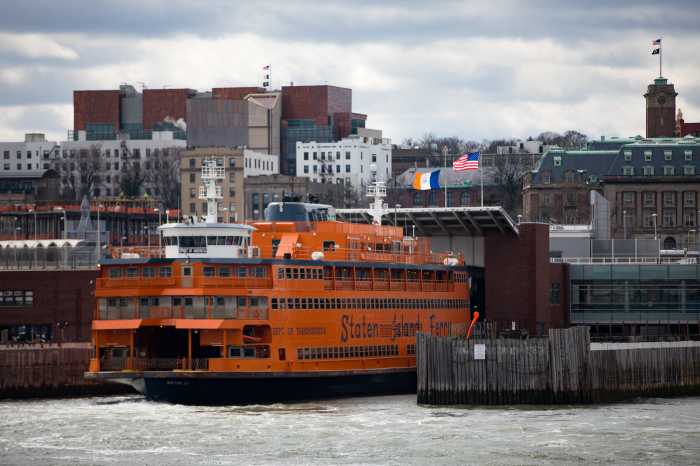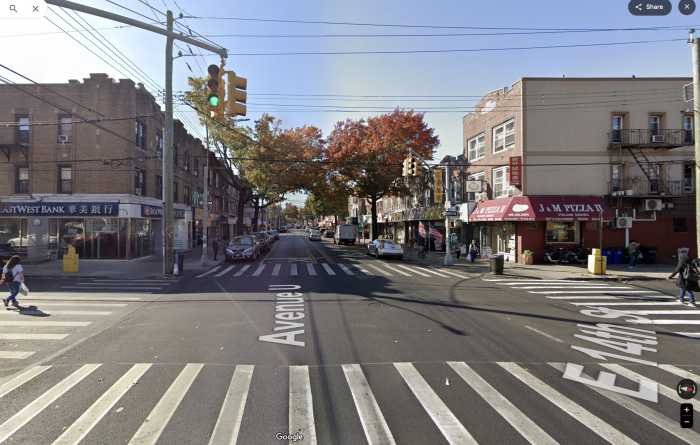
Buying Grand Central Terminal is an offer the MTA can’t refuse.
The transit authority is planning to spend $35 million to purchase one of the most iconic transit hubs in the world along with Metro-North’s Harlem and Hudson lines from private holding company Midtown Trackage Ventures, LLC. The authority’s board is expected to vote in favor of the purchase Thursday.
“This was a no-brainer, from a financial standpoint,” said MTA Chief Development Officer Janno Lieber in a statement.
The MTA is seizing a one-time window to purchase the terminal, opting out of paying $2.4 million in rent annually on what was a 280-year lease on the space. It will also give the MTA clearer operational control as it builds the East Side Access terminal underneath Grand Central to bring Long Island Rail Road service into the space, according to MTA officials.
The purchase will also help the MTA take part in more development around the Metro-North lines.
“This marks a new chapter in the railroad’s history and eliminates a quirk that had lingered quietly in the background as Metro-North has established itself,” said Metro-North Railroad President Catherine Rinaldi in a statement.
The landmarked Grand Central Terminal was built by the New York Central Railroad and opened on Feb. 2, 1913. The railroad also previously built the Harlem and Hudson lines in the 19th century.
In 1968, the New York Central merged with the Pennsylvania Railroad to create PennCentral Transportation in 1968. PennCentral went into bankruptcy in 1970, and the MTA began leasing the rail assets in 1972.
“By becoming the true owners of the infrastructure that we have long maintained on behalf of the people of New York, we are asserting Metro-North’s permanence as an institution dedicated to public service,” Rinaldi said.





































